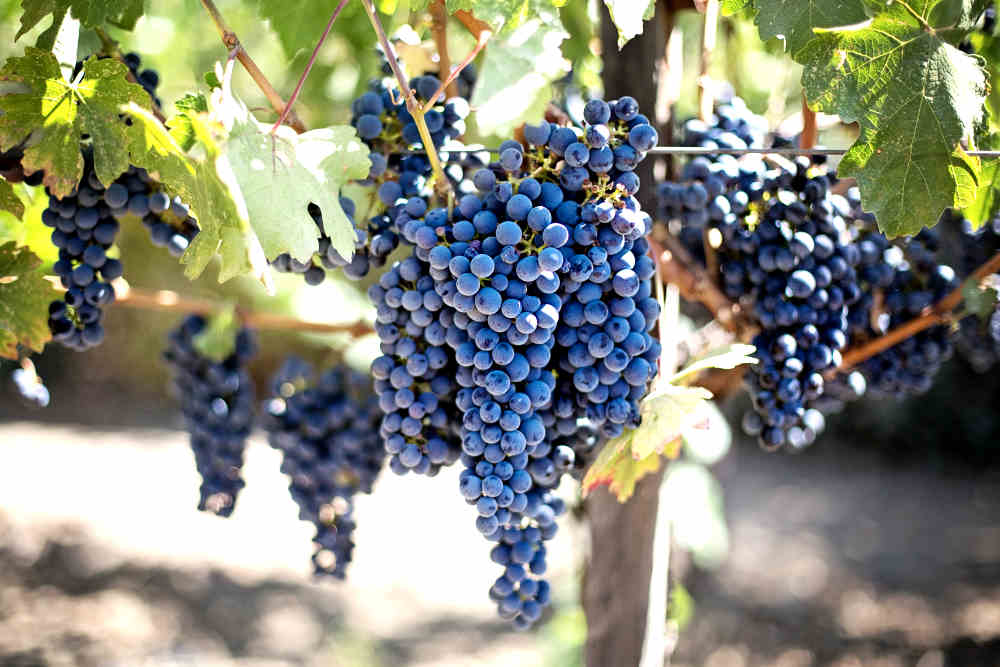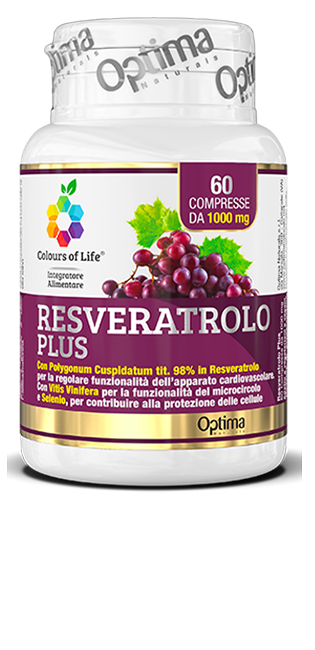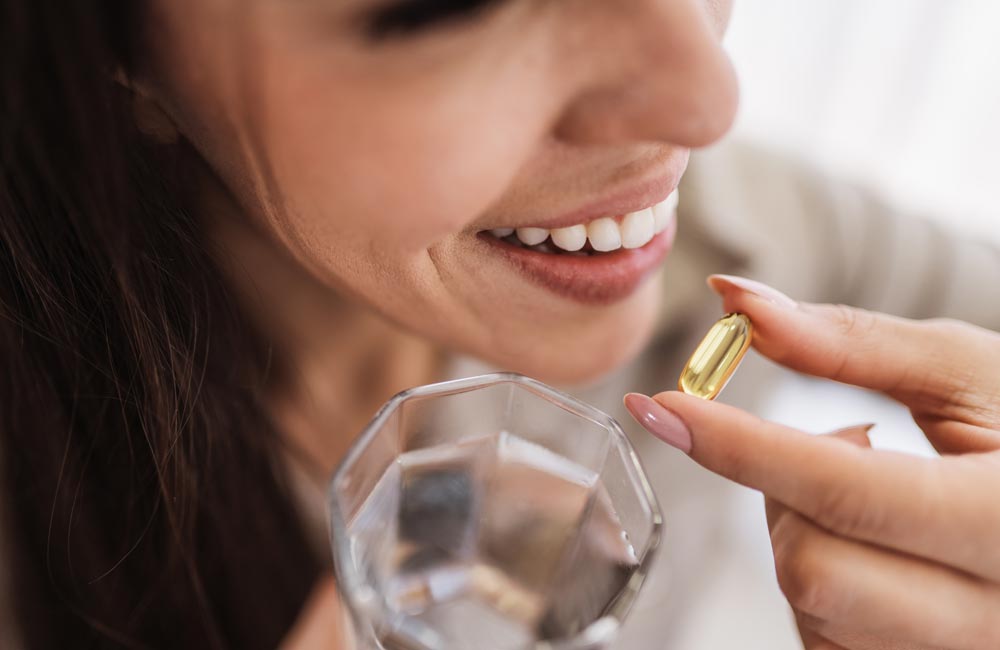BLOG
Resveratrol: an ally in slowing down ageing

What is resveratrol
Resveratrol is a polyphenol, i.e. an organic substance produced by plants, fungi and bacteria to protect themselves against attacks by parasites, which is also rich in beneficial properties for our bodies.
In particular, resveratrol has anti-inflammatory, anti-ageing, antioxidant, cardioprotective and antifungal properties. It is found in many foods but is often used in supplement form.
The benefits of resveratrol
According to studies, which we report at the end of the article, resveratrol:
- reduces LDL cholesterol levels in the blood,
- protects against ultraviolet radiation,
- has a vasodilatory effect,
- protects the cardiovascular system and prevents certain cardiovascular disorders thanks to its inhibitory effects on platelet aggregation
- reduces blood glucose levels.
Anti-ageing properties
This substance protects cells from damage caused by oxidative stress, which is why it can be considered an elixir of youth.
Poor diet, smoking and alcohol accelerate the cellular ageing process. Improving your lifestyle and supplementing your diet with food rich in resveratrol or a supplement containing it can counteract this process.
Resveratrol for healthy skin and hair
It protects the skin and hair from damage caused by free radicals, UV exposure and pollution. In the case of hair loss, brittle hair, dull, inflamed and dehydrated skin, it can restore nourishment and radiance to both hair and skin when taken in supplement form. Naturally, combined with a balanced lifestyle.
Resveratrol to keep the brain young
According to research published by the faculty of the Texas A&M Health Science Center College of Medicine, this polyphenol also benefits the brain. In particular, it can help improve memory, learning and mood and may have a preventive effect on degenerative diseases such as Alzheimer's.
Where resveratrol is found and when it should be supplemented
This substance is found in abundance in red and purple grapes and consequently in wine, berries including raspberries, currants, black and cranberries, black mulberries, pomegranates, peanuts, pine nuts, pistachios and cocoa beans.
Supplementing the diet with these foods can provide the body with this valuable anti-ageing substance and, although wine provides a good supply, it should be consumed in moderation and not exceed two to three glasses a day depending on individual tolerance.
This is why it is preferable to use a food supplement to take full advantage of its benefits and achieve anti-ageing action.
Warnings and contraindications
Resveratrol has no particular contraindications but is not recommended during pregnancy, breastfeeding or when taking medication.
Bibliography references:
- News Medical Life Sciences: Resveratrol found in red grapes, peanuts may help prevent age-related decline in memory
- PubMed: Potential health benefits from the flavonoids in grape products on vascular disease
This article is for information only and should not replace medical advice. Please consult a doctor or health care professional before trying any remedy.
The advice is for information only and should not replace medical assistance. Please consult a doctor or health care professional before trying any remedies.









 Optima Naturals S.r.l. ® Via Sempione 124, 21029 Vergiate (VA)
Optima Naturals S.r.l. ® Via Sempione 124, 21029 Vergiate (VA)